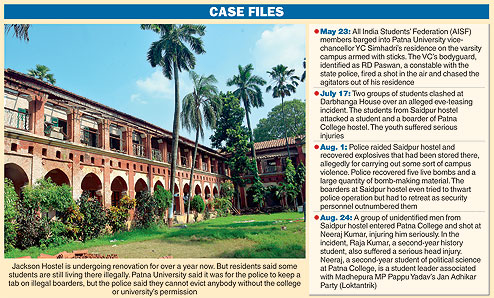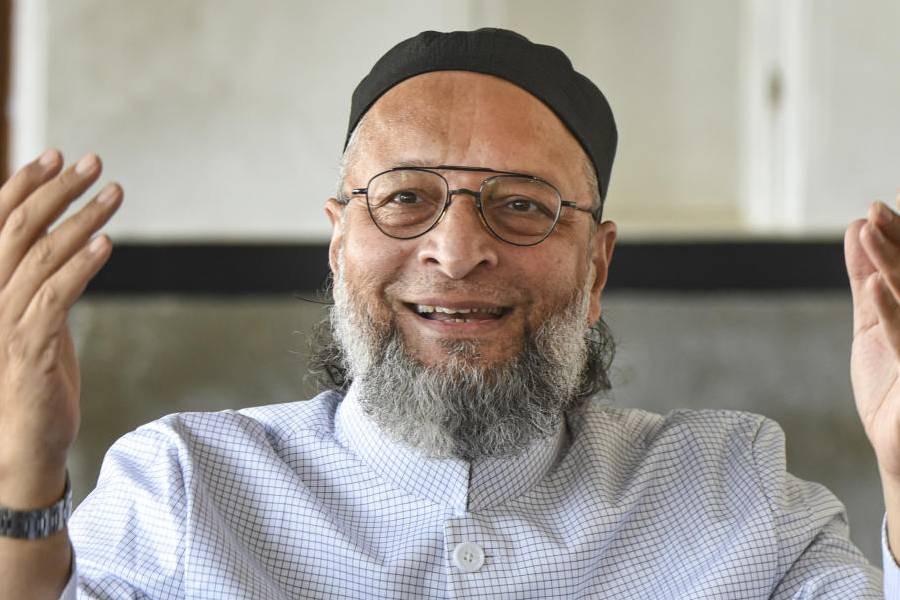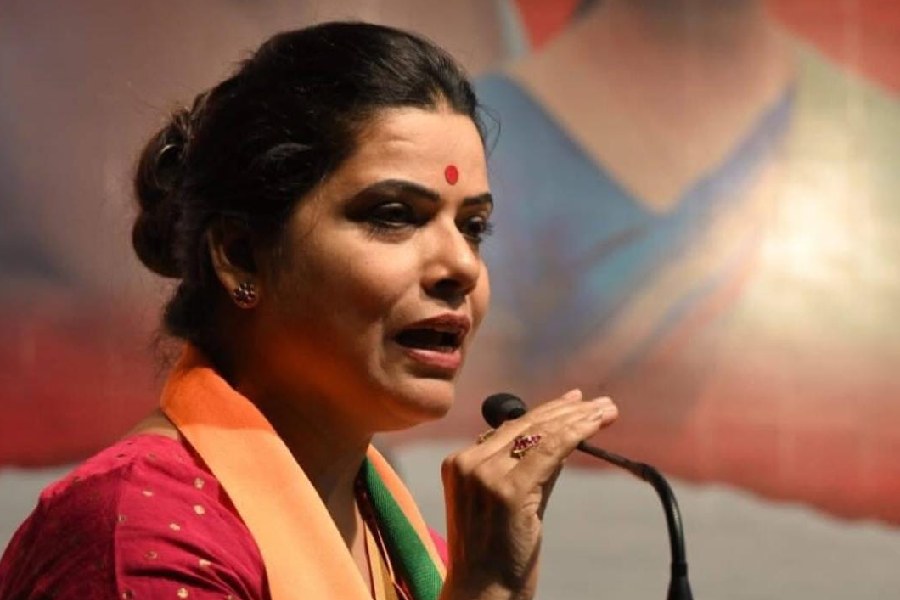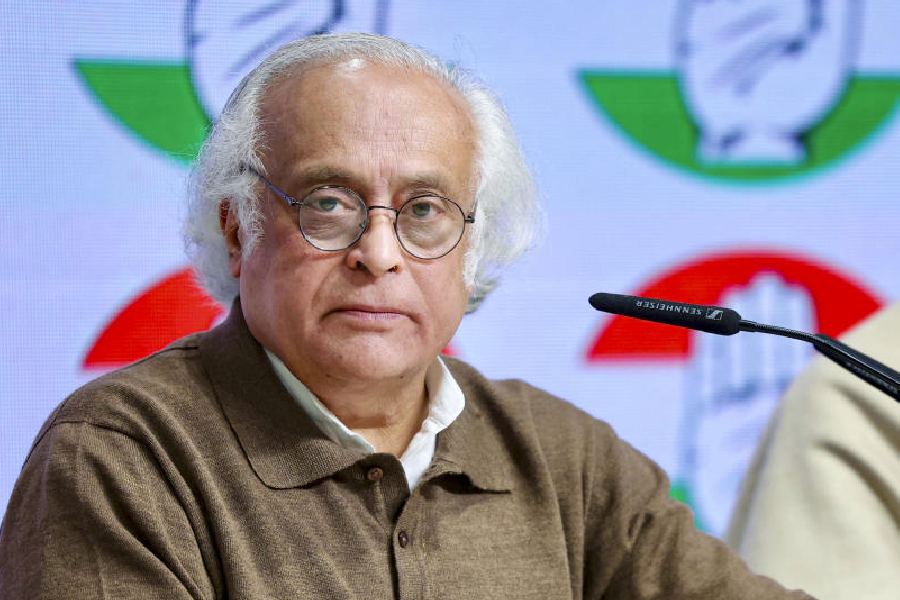Some 27,000 medical aspirants who had cleared the Bihar Combined Entrance Competitive Examination Board's (BCECEB's) preliminary test on Thursday are seething after a Supreme Court directive changed everything.
Their joy lasted only a couple of hours after which the Supreme Court gave CBSE the green signal to hold the National Eligibility Entrance Test (NEET) 2016-17, a common entrance test for medical courses in government as well as private medical colleges.
As per BCECEB's earlier schedule, those who cleared the preliminary test had to sit for the main exam on May 15. But, following the Supreme Court directive, no main tests will be held any more and Thursday's results hold no meaning now.
BCECEB has been conducting entrance tests for admission into seven engineering colleges (1,664 seats) and nine medical colleges (900 seats) every year. The 900 medical seats included 750 MBBS and 150 BDS seats. Anil Kumar Sinha, officer on special duty (OSD) at BCECEB, said: "Following the Supreme Court directive, BCECEB will now only conduct entrance test for engineering courses."
The Supreme Court directive asked CBSE to conduct NEET's first examination on May 1. Those candidates who had already applied for the All India Pre Medical Test (AIPMT) can sit for this examination, while those who had not applied for the same will get to appear for another NEET examination, scheduled for July 24, after they apply online.
Results of both rounds would be declared on August 17 and the admission process has to be completed by September.
Some students are not very comfortable with the NEET examination schedule. They said their preparation was aimed at clearing state medical colleges. But they would now have to work harder to qualify a national-level medical entrance test (See chart).
Even those in charge of medical coaching centres agreed that AIPMT was a tougher exam. Rohit Srivastava, who runs Medicus Eduserv, a medical coaching centre, welcomed the decision to conduct a single test for medical entrance, but said students should have been given more time to sit for NEET. "It would have been better for students, if the government had gone for a single NEET examination on July 24," he said. "Students would have got more time to prepare for the examination."
Sachidanand Kumar, the state president of the Indian Medical Association (IMA), said: "It was our long-pending demand that a single entrance test be conducted for medical colleges and the Supreme Court has accepted it."
He said the biggest impact of the directive would be to check backdoor entry of students, especially in private medical colleges, which charge a bomb as capitation fee.
But tanks to the Supreme Court's prescription of a single medical entrance test, there will be only one merit list on the basis of which students will get admission into central government medical colleges such as AIIMS, state medical colleges and private medical colleges.
Sources said that under NEET, medical entrance test will be conducted for more than 600 medical colleges - government as well as private ones - for around 50,000 medical seats that include MBBS and BDS courses.
Language barrier
Students appearing for the common medical entrance test on Sunday would have to crack questions set in English and Hindi unlike the exam's 2013 edition when papers were also set in six other languages.
CBSE sources said because of time constraints and arrangements that have to be made now, aspirants couldn't be allowed to opt for question papers in regional languages.
In 2013, the first and the last time the board had conducted NEET, candidates could choose question papers set in Telugu, Gujarati, Marathi, Tamil, Bengali and Assamese, apart from Hindi and English.
State governments had then urged Medical Council of India to allow the test to be held in their regional languages.











